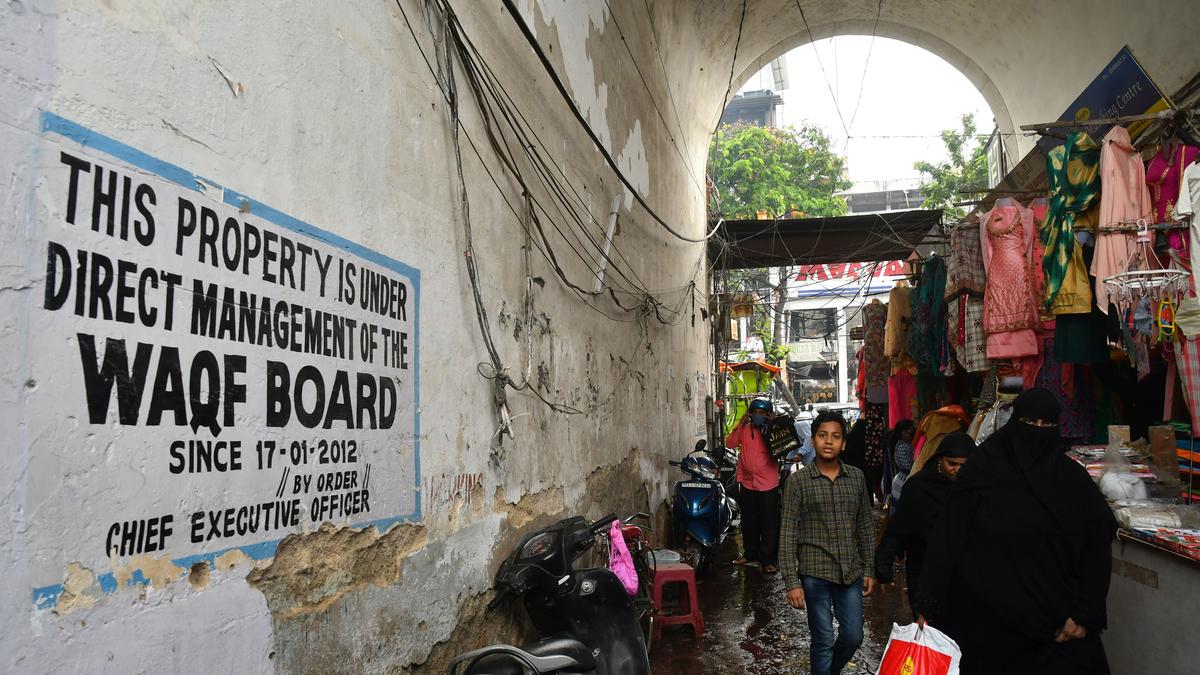
NGO APCR moves Supreme Court challenging constitutional validity of Waqf bill
The Hindu
NGO challenges constitutionality of Waqf (Amendment) Bill, 2025, citing violation of constitutional articles and religious autonomy.
An non-governmental organization (NGO) has moved the Supreme Court challenging the constitutional validity of the Waqf (Amendment) Bill, 2025.
Association for the Protection of Civil Rights said its plea challenges the constitutionality of the Waqf (Amendment) Bill, 2025, which is to be renamed as the Unified Waqf Management Empowerment, Efficiency, and Development Bill, 2025 (UMEED Bill).
“The bill directly violates Articles 14, 25, 26, and 300A of the Constitution, along with the preambular values that constitute the bedrock of our democratic and secular framework,” it said in its plea filed through Adeel Ahmed.
It said the drastic overhaul proposed by the UMEED Bill is not only unnecessary but also an alarming interference into the religious affairs of the Muslim community, diluting the fundamental purpose of Waqf which is a practice deeply rooted in Quranic references and the Hadith since the time of Prophet Mohammad.
“The bill, hastily passed by the Lok Sabha on April 3, 2025 and the Rajya Sabha on April 4, 2025, is now on the brink of receiving Presidential assent. However, its provisions pose a grave danger to the autonomy and effectiveness of the Waqf Board, particularly through the insertion of Section 40, which severely undermines the principles of natural justice enshrined in the parent Act,” it said.
The NGO further submitted that the unjustified omission of provision, which upholds the Waqf by User doctrine, constitutes a deliberate weakening of the legal recognition granted to Waqf properties.
It said the removal of this provision, therefore, represents an attempt to erode the foundational principles protecting Waqf properties and disrupts the delicate balance between religious autonomy and state oversight.

India will explore options that it has never considered under the Indus Waters Treaty; could include withdrawing from talks on evolving a new ‘Dispute Resolution Mechanism’, change design of its hydropower electric projects to allow it to store greater quantities of water and deploy ‘draw down flushing’ of its reservoirs

 Run 3 Space | Play Space Running Game
Run 3 Space | Play Space Running Game Traffic Jam 3D | Online Racing Game
Traffic Jam 3D | Online Racing Game Duck Hunt | Play Old Classic Game
Duck Hunt | Play Old Classic Game










